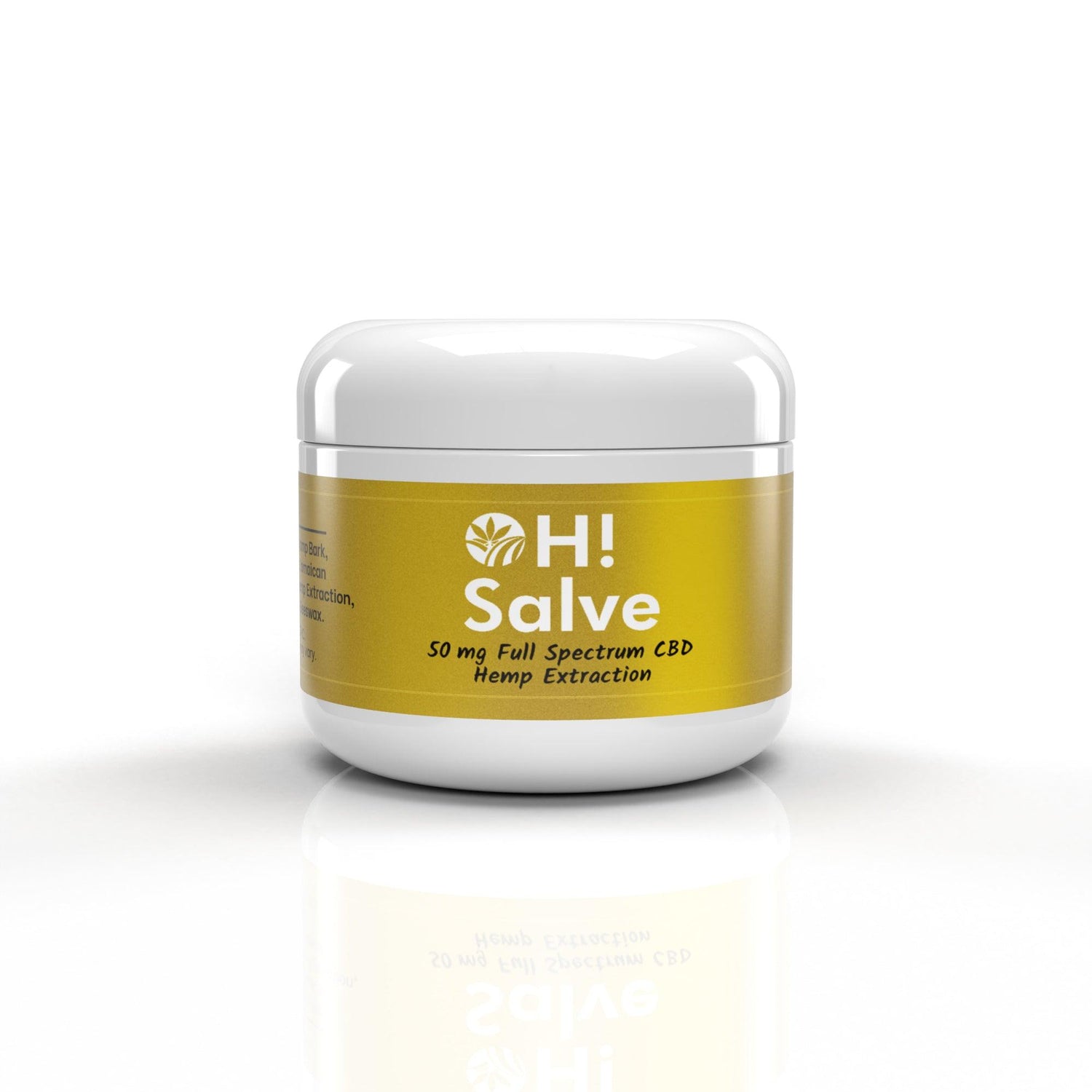At Oley Health & Wellness, we believe in the power of nature to address environmental problems and promote a healthier planet. Experts have long recognized the remarkable potential of hemp in solving various ecological issues in a cost-effective manner. Hemp cultivation holds great promise in combating pollution, addressing the global climate crisis, and even fostering reforestation efforts.
A groundbreaking analysis published in the prestigious journal Science in 2019 highlighted the positive impact of planting billions of hemp plants worldwide. This study revealed that hemp could potentially eliminate two-thirds of all anthropogenic emissions, making it a vital component of a global sowing program. Trees naturally absorb and store carbon dioxide, a greenhouse gas responsible for global warming. However, it can take several decades for trees to reach full capacity and effectively mitigate carbon emissions. In contrast, hemp grows rapidly, reaching heights of up to 4 meters (13 feet) in just 100
days, making it one of the fastest carbon conversion solutions available.
Not only does hemp offer environmental benefits, but it also has a wide range of versatile applications. Hemp can be utilized in the production of clothing, textile fibers, oils, food, cat litter, chicken coop bedding, pet bedding, and more. It stands out as a resilient crop capable of absorbing more carbon dioxide per hectare than any other commercial plant. Additionally, hemp thrives in nutrient-depleted soils with minimal water and fertilizer requirements. Its adaptability allows it to be integrated into existing farms and crop rotation systems, helping restore depleted soil and positively impacting overall yields.
The environmental advantages of hemp extend beyond carbon sequestration. Hemp products have the potential to replace plastic items, reducing the harmful contribution of plastic waste to microplastic contamination. Furthermore, hemp cultivation provides an opportunity to address environmental toxins prevalent in the textile industry. Modern clothing production methods generate substantial amounts of toxic waste, but hemp fabrics can be manufactured without the need for chemicals. By embracing hemp as an alternative, we can minimize the damage caused by the textile and fast fashion industries, thereby reducing their ecological footprint.
Various studies have confirmed the potential of hemp cultivation as a solution to global environmental problems. By absorbing pollutants through its leaves, hemp plants contribute to fighting air pollution. Therefore, a global initiative to plant hemp or trees would effectively counteract the negative effects of pollution that contribute to climate change.
At Oley Health & Wellness, we recognize the immense value of hemp as a sustainable resource and are committed to promoting its cultivation for a greener future. Let us harness the power of hemp to create a positive impact on our environment, combat climate change, and foster a healthier planet for generations to come.






